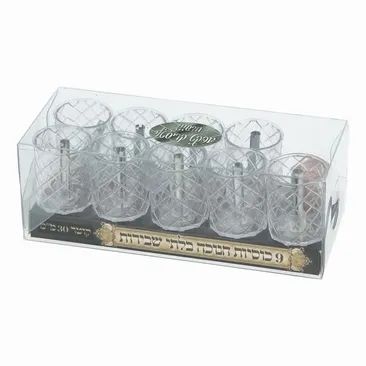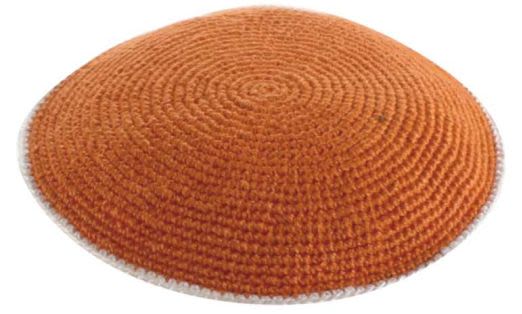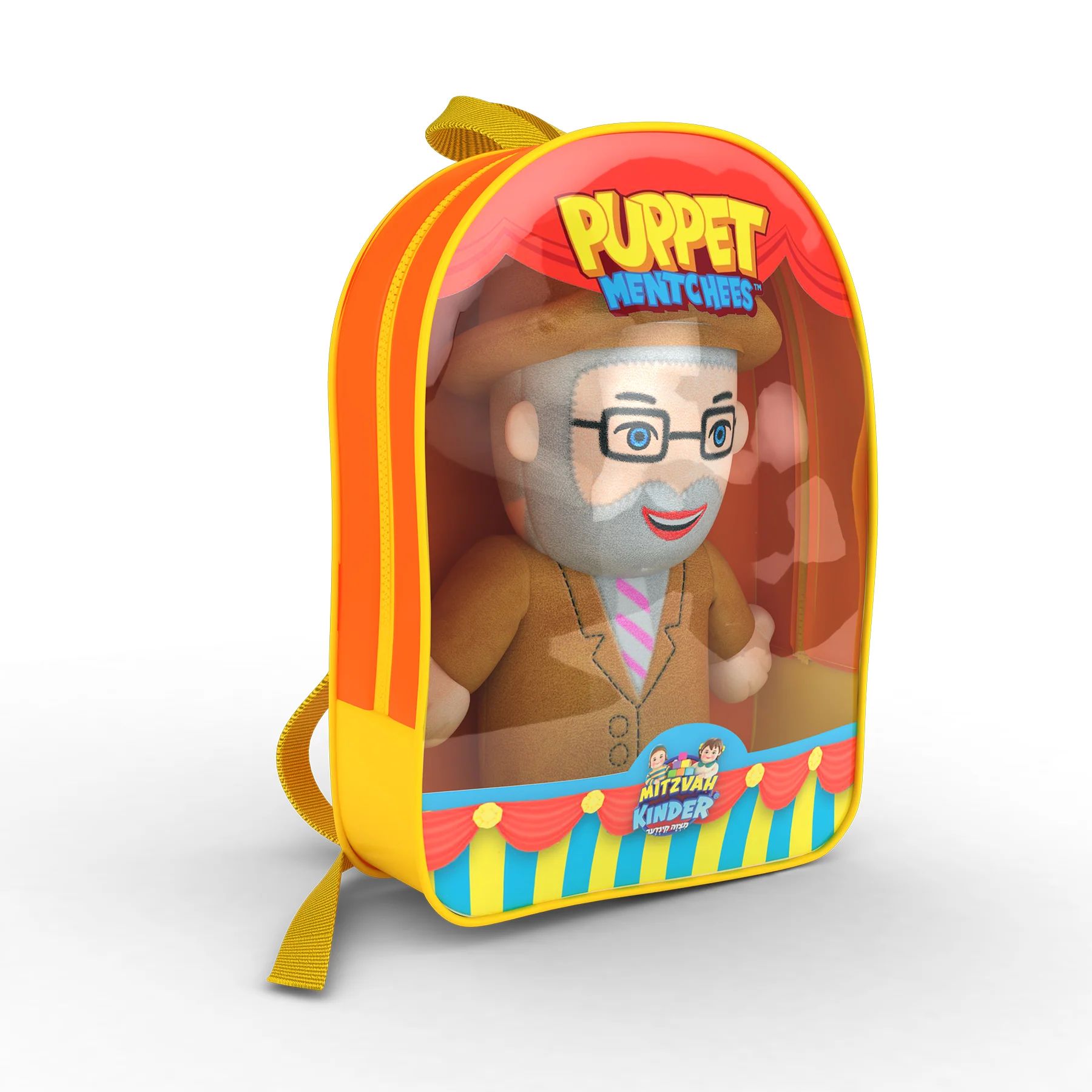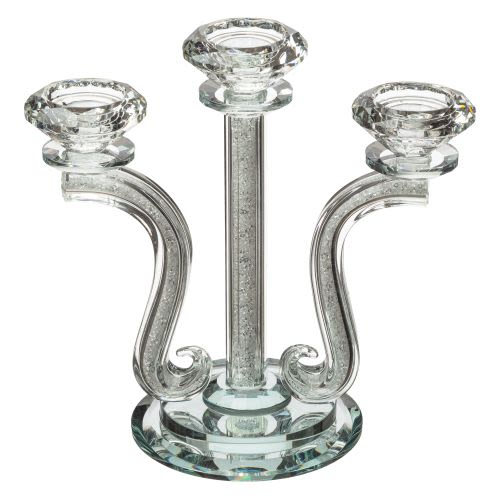
Bechukotai: The Closeness of Sharing
In contrast to the Western suburban mindset of self sufficiency, in Israel, neighbors often get together here to use each other's ovens, washing machines and dryers.

Parshat Bechukotai
A SCARCITY OF ESSENTIALS
Parashat Bechukotai enumerates the curses, of which many befell the Jewish people during the holocaust. One of the curses is lack of essential goods, including both firewood and flour. “When I have broken the staff of your bread, ten women shall bake your bread in one oven, and they shall deliver your bread again by weight” (Vayikra 26:26). Rashi explains that ten women must share one oven due to the scarcity of wood. The reason why they have to deliver the bread by weight is because the grain will rot and cause the bread to crumble and break into pieces in the oven, so that the women will have to deliberately weigh the pieces in order to divide them fairly between themselves. Rabbi S. R. Hirsch comments that each oven has enough space to satisfy the need of just one household. However, because of the scarcity of bread, ten families will have to make do with what would be enough for only one family. This insufficient amount of bread must be weighed on a scale in order to ensure that no one receives more than their share.
STRUGGLING FOR SURVIVAL
The Torah paints a miserable picture of deprivation. Images of such utter destitution inevitably bring the holocaust to mind. This was a time when women would search the garbage for dirty potato peels which they would wash and pulverize in order to make potato flower for baking matzah. Altruism becomes a scarcity when people are struggling for their own survival. Everyone tries to grab as much as they can for themselves to lessen the pain of their own growling stomach. Confronted with the prospect of starvation, the survival instinct often causes people to cut down their benevolence towards others.
THE TEST OF NOT TAKING MORE THAN ONE'S SHARE
In her book, Strands of Fire, Mindy Schwartz depicts the horrors of life within a concentration camp during the holocaust. As a volunteer whose task it was to divide the food, she describes the challenge of not taking more than her share. The Nazis presented the Jewish volunteers with the assignment of sharing one loaf of bread with the rest of the captives. The volunteers were supposed to cut the loaf into equal slices of bread. Mindy writes: “It was not easy to slice the coarse, hard bread. I tried to be exact and to cut slices of equal size. I wanted to hurry, so as not to cause, my hungry sisters, who were waiting for their dinner, unnecessary pain. I was completely absorbed in the work. When I lifted my eye for a moment, to glance at the other volunteers, I almost fell over backwards from astonishment. They each stood at the opposite side of the bread, cutting it into slices like me, but looking quickly around them, in their hunger they snatched some of the softest pieces of bread, and swallowed them. Anger and despondency overcame me. The terrible hunger was the faithful partner of the yetzer hara (evil inclination). The oppressing emptiness of the stomach dictated the stream of thoughts. Everyone was out for herself. The test was very difficult. It would become more powerful at every moment. I would tell myself ‘I will overcome it’ again and again as I approached my work. ‘I will not take more than my share,’ so as not to deprive my hungry sisters of theirs. Therefore, I felt so badly about the behavior of my friends. I hoped and prayed that G-d would help me to stand by my decision and continue to give me strength to withstand the test.”
UNITY OVERCOMES STARVATION
Seen in the light of the reality which Mindy describes, there is a redeeming factor in the curse that ten women would be able to share one oven (Vayikra 26:26). During a famine, where each person’s ration is reduced to a tenth of the regular portion, it requires tremendous strength for ten women to get together and organize communal baking. Despite the discord and contention which the agony of starvation could illicit, the Torah implies that even in times of severe famine, Jewish women are able to unify themselves and make arrangements not only of sharing one oven, but even dividing their precious goods equally to the very last crumb. It is this unity among the women which enables them to provide their family with any bread at all. By herself, no one could afford the “extravagance” of baking even the smallest loaf. What would happen if any of the women would presume to claim, “I need more, since I have a larger family!” or “I deserve a percentage of your bread as a payment for the use of my oven etc.”? These demands would most likely make it impossible to carry out any baking at all.
THE CLOSENESS OF SHARING
Life in a Jewish community in Israel, although completely contrary to the situation described by our verse, also facilitates unity among women. In contrast to the Western suburban mindset of self sufficiency, neighbors often get together here to use each other's ovens, washing machines and dryers. When the vegetable market is not just around the corner, the woman next door will be happy to “loan” you a couple of tomatoes as a gift, without ever expecting them back. Over the years of living this way, I have come to treasure the closeness of sharing. When we live side by side as one big caring family and build unity among us during times of plenty, with Hashem’s help we will not need poverty to teach us this lesson.

(Rebbetzin Chana Bracha Siegelbaum is Director of Midreshet B’erot Bat Ayin in Gush Etzion. This article is an excerpt from her book Women at the Crossroads: A Woman’s Perspective on the Weekly Torah Portion, reviewed by The Jerusalem Post, The Jewish Press, Voices Magazine, Good Reads, and WordPress/JewishPress and more. To order this book, click here)











Tell us what you think!
Thank you for your comment!
It will be published after approval by the Editor.